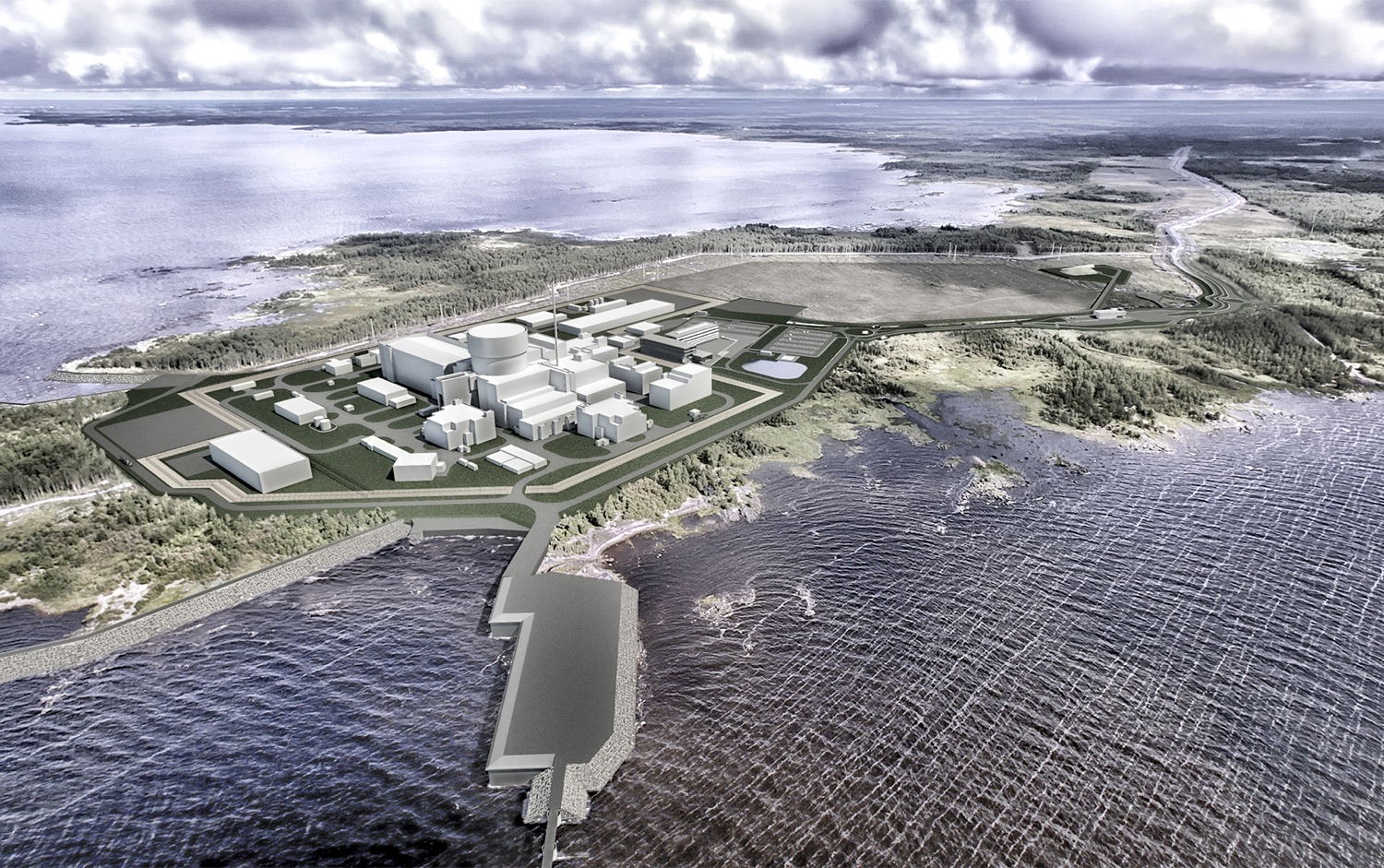
Creating clean energy economies means being open to technology
back to contentsAll nations must also decide how they will relate to technology. Will they be inclusive? Or discriminatory? The cost of arbitrary discrimination will vary from place to place, but it never confers benefit; it can only make the challenge harder. When the United Nations Environment Program actively blocked the possibility of any discussion of nuclear technology at the Sustainable Innovation Forum in Bonn this year, observers were justifiably shocked. Nuclear technology is proven to be the reliable, scalable low-carbon technology. It can operate all over the world, almost irrespective of the physical attributes of the host. Removing it from discussion makes achieving a clean energy economy harder for nearly every nation in the world.
The impact of different approaches to technology is evident in the circumstances of three different nations: Finland, Germany and Costa Rica. Consider the tropical developing nation of Costa Rica, population 4.5 million. It has gained plaudits recently for an electricity supply that has been close to 100% renewable. Costa Rica has mountainous topography and high rainfall, as well as volcanic geography and tropical sunshine. This permits a hydroelectric sector, an important contribution from shallow geothermal resources and a relatively reliable contribution from solar technology.
But the achievement of ‘100% renewable’ has also been enabled by the fact that over 20% of the population lives in poverty. Costa Rica’s per capita electricity consumption is just ~2000 kWh per year, compared with ~7000 kWh per year for Germany and ~15000 kWh for Finland. Might Costa Rica quadruple the supply of renewable electricity, for an industrial economy that offers German standards of living? Perhaps achieving this with equivalent reliance on hydroelectricity will negotiating the environmental and social costs of damming free flowing rivers in tropical environments. It would also leave the reliability of Costa Rican electricity hugely exposed to drought in a time of rapidly changing climate. This is no hypothetical. The last time drought stressed the Costa Rican electricity supply was just 2014.
Costa Rica could, instead, further grow the economy to alleviate poverty using nuclear power along with indigenous renewable resources. This requires a posture of technological openness. The notion is yet to be seriously tested. There could be major repercussions on the fortunes of that nation if it preferences the ‘renewable-only’ branding over developing a more diversified and secure electricity supply.
Germany, the largest economy in Europe with over 80 million people, possesses stronger social attributes than Costa Rica: a wealthy and educated population, strong governance and a huge industrial sector. It lacks the reliable renewable assets of hydroelectricity and volcanic geothermal power. Germany has instead focussed on two variable sources of power: wind and solar energy. Germany may have spent over €200 billion to date to exploit these resources, under the policy known as Energiewende, at an extraordinary rate of subsidy that has now exceeded €25 billion per year.
Yet German electricity became virtually no cleaner in the last six years, thanks to self-imposed technological discrimination. Germany has paired its unprecedented investment in renewables with a priority to close not dirty, polluting lignite, but reliable, non-emitting nuclear power. To date, approximately 10,000 MW of nuclear capacity has been prematurely removed from the German electricity supply. Energiewende has been equivalent to the German national football team deliberately scoring an own-goal after every successful attack. The main difference is that many Germans appear to be cheering their team’s stupidity. Under current policy settings, there is virtually zero prospect of German electricity getting cleaner for at least another twenty years. Germany still relies on 10,700 MW of nuclear power, all destined for closure. Ten thousand more own-goals.
Then there is Finland. Like Costa Rica, it brings strong renewable assets to the challenge in the form of hydro power, wind power, and a well-managed forestry sector for biomass. Like Germany, it has strong social assets in the form of education and governance. Unlike Germany, it is technologically open and undiscriminating in the challenge of cleaning the energy supply. The difference is telling. Finland has an electricity supply that is markedly cleaner than Germany’s, paired with living standards that are markedly higher than Costa Rica’s. Thanks to the impending growth in nuclear generating capacity, Finland is likely to match the cleanliness of Costa Rica’s electricity supply in the near future, with far less exposure to a changing climate, and without the need to chop down more forests and damn more rivers. Finland is now exploring the realm of ‘deep decarbonisation’, examining the application of advanced, high temperature, small nuclear reactors for cleaning the industrial, commercial and residential heat sectors, and even making clean fuels for transportation. Neither Germany nor Costa Rica are close to embarking on this genuine climate change leadership.
The irony is that there is nothing special about Finland’s leadership. Because while mountains, rainfall and solar resource are non-transferable, an openness to technology most certainly is. It’s just culture expressed in politics. In principle, any nation could do it.
Yet in practice, so few nations actually are. So, maybe I am wrong…somehow, Finland is quite special after all.
Ben Heard – Executive Director, Bright New World




